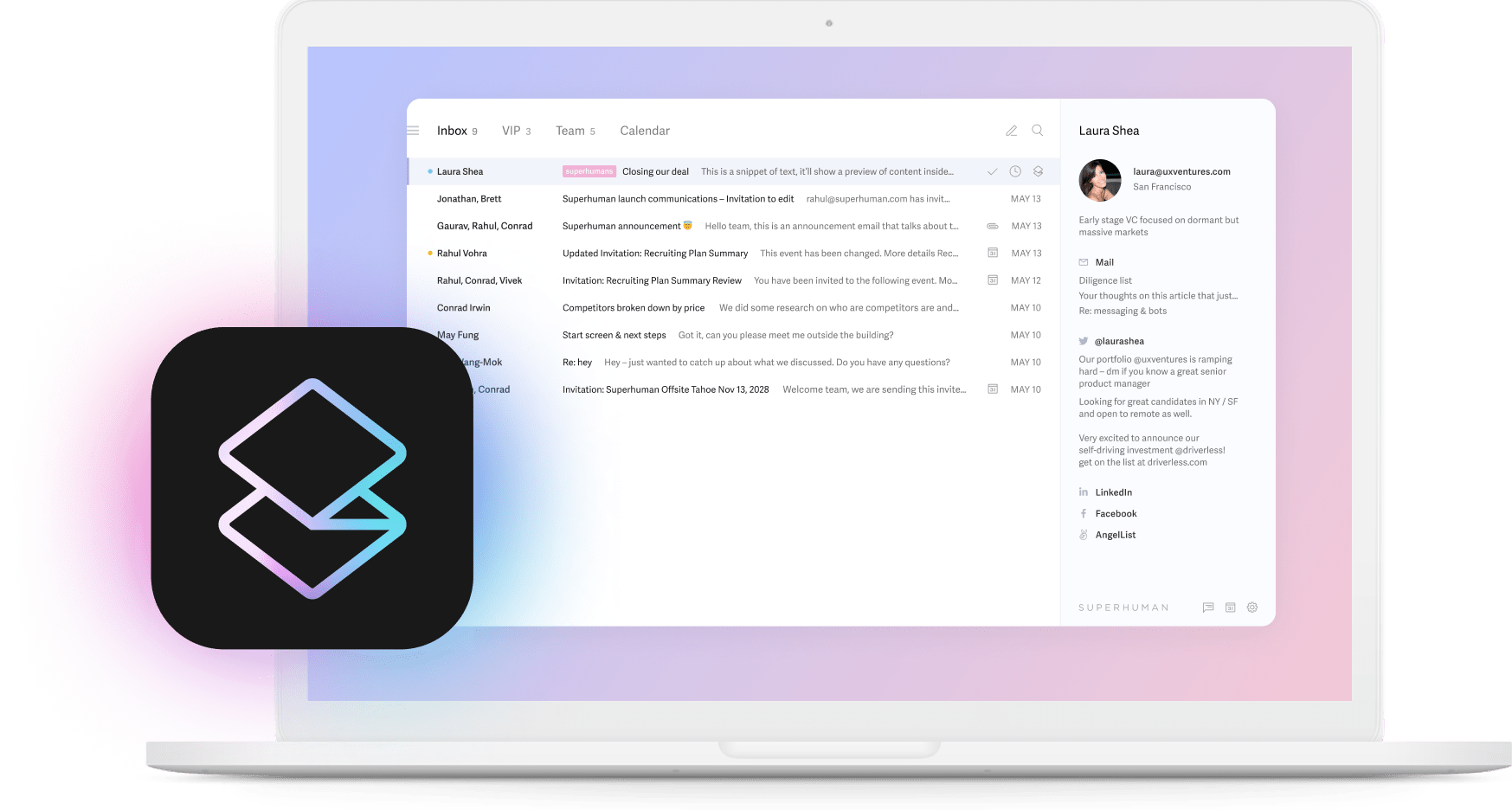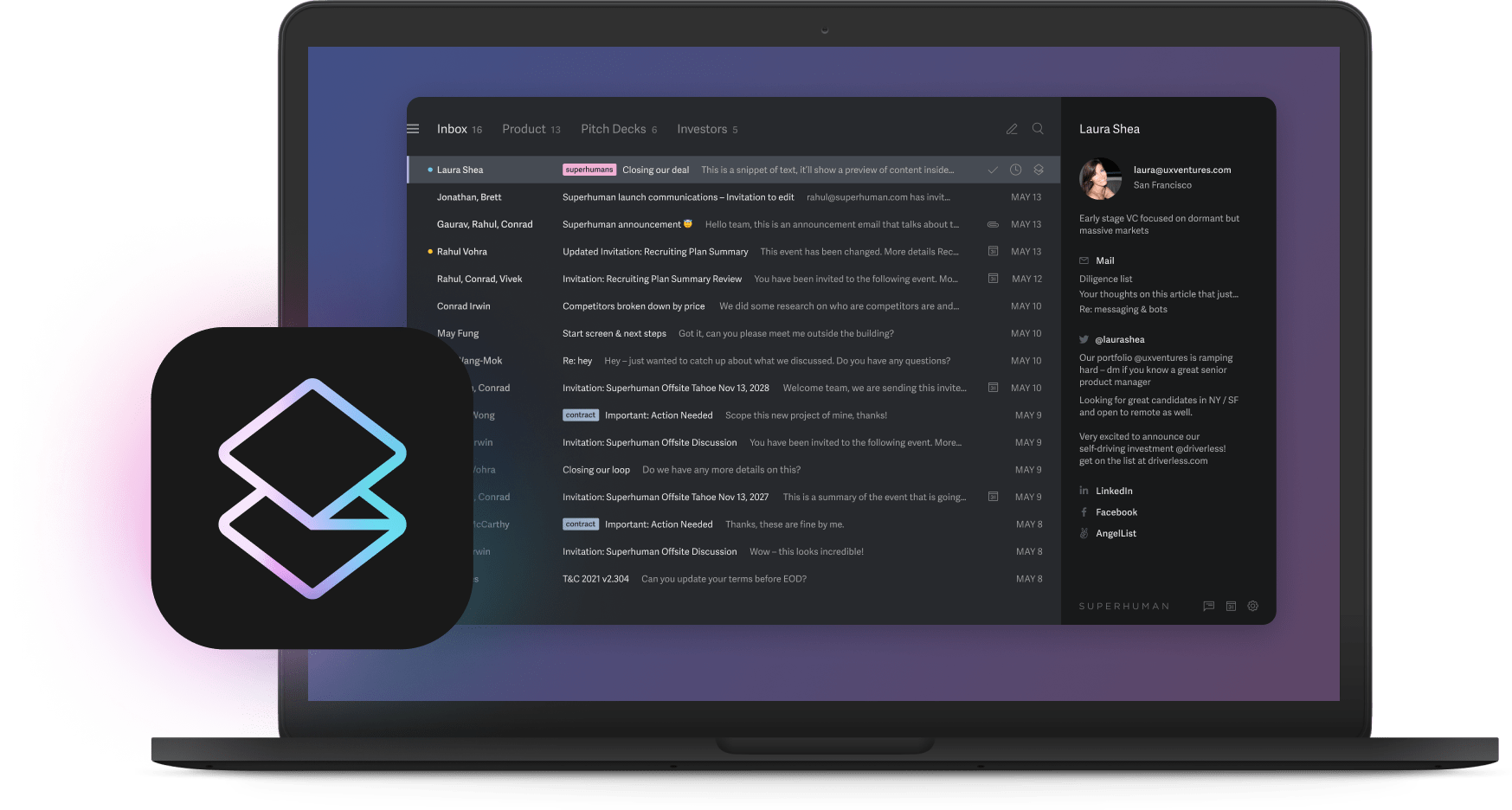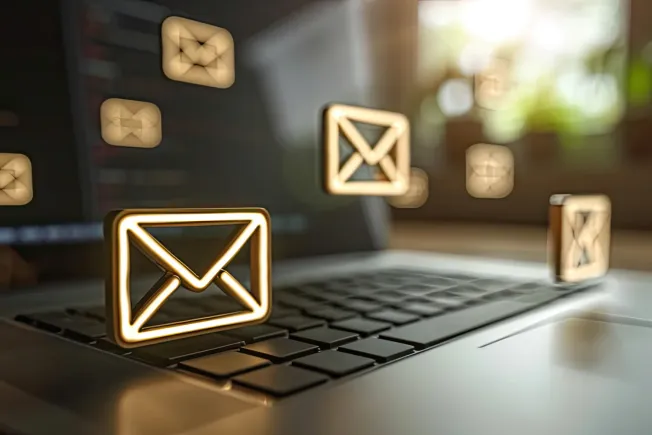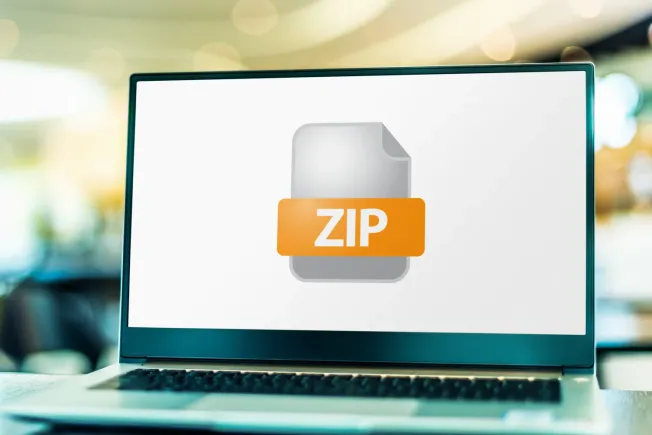
Look, we need to talk about email anxiety.
You know that feeling when you open your inbox and your stomach drops? Or when you're lying in bed at 11 PM, wondering if you said the wrong thing in that message you sent earlier? You're not alone.
Email was supposed to make work easier, not turn us into nervous wrecks. But here we are — 86% prefer email for work, yet it's also giving us anxiety. We're getting 121 emails a day and spending 23% reading messages. That's why email anxiety has become such a real thing.
This guide will help you understand why email stresses you out and what you can do about it.
What exactly is email anxiety?
Email anxiety is that pit-in-your-stomach feeling you get about managing your messages. Some call it inbox anxiety — the dread of seeing unread messages pile up. It's normal to feel a bit stressed about email sometimes. But it becomes a real problem when it starts interfering with your everyday life.
Here's what it looks like:
- You put off checking your inbox for hours (or days)
- Your heart starts racing when you hear that "ping" sound
- You check your phone 58 times before you even get out of bed
- You can't focus on anything else because you're worried about email
- You're terrified of hitting "send" on important messages
But email anxiety isn't just in your head. It shows up in your body too.
When your body freaks out
Ever notice your hands getting sweaty when you open your inbox? Or feel your heart start pounding when you see an email from your boss? That's your body responding to stress.
People with email anxiety often experience:
- Tense shoulders and neck pain (hello, email hunch!)
- Rapid heartbeat when notifications pop up
- Sweaty palms before sending important messages
- Tension headaches from staring at screens
- Stomach knots when you think about unread messages
What happens in your brain
Your mind can really run wild with email. Here's what happens:
- You can't stop thinking about messages (even at 3 AM)
- You replay conversations over and over, wondering if you said the wrong thing
- You struggle to focus on other work because you're thinking about emails
- You imagine the worst-case scenarios for every message you send
- Your brain won't let you relax until you check your inbox "one more time"
How email changes your behavior
Email anxiety makes us do weird things:
- Checking email every few minutes (sometimes without even realizing it)
- Avoiding your inbox for days, then frantically catching up
- Taking forever to respond because you're overthinking every word
- Starting emails, saving them as drafts, then never sending them
- Checking email at odd hours — like 11 PM or 6 AM — just to "get ahead"
And guess what? 80% of people say work email makes them anxious, and over half regularly feel stressed about it. Email anxiety is basically the most common form of workplace anxiety, affecting 301 million people globally.
Why does email mess with our heads?
There's actual psychology behind why email drives us crazy. Let's break it down.
The tone problem
You know how you can spend 20 minutes re-reading an email, trying to figure out if your boss is mad at you? That's because we're terrible at reading emotion in digital text.
In real conversation, we get tone from:
- Voice inflection
- Facial expressions
- Body language
- Context
In email? We get words. Just words. No wonder we spend hours analyzing if "Thanks." means "thanks" or "I'm furious but trying to be professional."
The forever problem
Here's a weird thing about email: it's permanent but feels urgent. We treat every message like it needs an instant reply, even though it'll sit in someone's inbox forever.
This creates what we call the "email paradox": we're terrified of sending the wrong thing because it leaves a permanent digital paper trail, yet we feel pressure to respond immediately. So we freeze up or fire off something rushed that we instantly regret. Neither option feels good.
How email plays on our fears
Email perfectly targets our psychological weak spots. There's the fear of missing out on something important, the desperate need for control when your inbox spirals out of hand, and the social anxiety that comes from knowing every message is a permanent record you can't take back. Add in the perfectionism of crafting the "perfect" response and the uncertainty of waiting for replies, and you've got a recipe for anxiety overload.
The waiting game anxiety
You know that feeling after you send an important email? That's "anticipatory anxiety" — worrying about something that hasn't happened yet.
Your brain starts asking:
- Did they get it?
- Are they ignoring me?
- Did I say something wrong?
- Should I follow up?
- Maybe I should check my "sent" folder one more time...
Too many emails, too little time
We're drowning in messages. 40% of us have 50+ unread emails sitting in our inbox right now. And we're not helping ourselves by checking email 15 times a day, or roughly every 37 minutes. When did it become normal to be interrupted every half hour?
The pressure to respond NOW
Email isn't just for sharing information anymore. It's become this weird emergency system where people expect instant replies. Not responding quickly feels like ignoring someone shouting your name across a crowded room.
Everything gets lost in translation
When you talk to someone face-to-face, you read their expression, their tone, their body language. Email? You get words on a screen. No wonder we overthink every message, worried about how it'll be received.
The fear of screwing up
Email is permanent. Send it to the wrong person? Include a typo? Forget an attachment? Everyone knows, and there's no taking it back. So we spend way too much time triple-checking everything.
Work never ends
Remember when work stayed at the office? Neither do we. 64% of us mainly check email on our phones, which means work follows us home. And to the gym. And on vacation.
The waiting game
Sent an important message? Now you wait. And worry. Two-thirds of us lose sleep over emails. We lie awake wondering if they got it, if they're mad, if they're ignoring us.
What email anxiety is doing to us
This isn't just about feeling a bit stressed. Email anxiety is messing with our lives in real ways.
Your work suffers
When stress affects 56% of people's work performance, that's a problem. Half of us say it impacts the quality of our work. Constant email interruptions kill our focus and make us less productive.
Your health takes a hit
80% of workers say they feel productivity anxiety, that feeling that you're always behind. This isn't just stress — it can turn into real health problems. 58% of chronically stressed workers develop anxiety or depression.
Businesses lose out
Companies aren't immune. With 77% of workers burning out, businesses face higher turnover and lower efficiency. When 48% of people say their mental health has declined from work stress, everyone loses.
Breaking the email anxiety cycle
Email anxiety feeds on itself:
- You feel anxious about emails
- You avoid checking them
- The backlog grows
- You feel more anxious
- Repeat
Good news? You can break this cycle.
How to stop email anxiety
Change how you think about email
First, let's get something straight: email is a tool, not your boss. Here's how to shift your mindset:
- Not everything needs an instant reply: Unless it's truly urgent, an hour or two won't hurt
- Mistakes happen: That typo doesn't make you incompetent
- Remember email's just one way to communicate: Sometimes a quick call works better
- Give yourself permission to disconnect: You don't need to be available 24/7
Simple tricks that actually work
Try these practical strategies:
- Block out email time: Check at set times instead of constantly
- The 2-minute rule: If it takes less than 2 minutes, do it right away. This strategy optimizes email productivity by eliminating task-switching waste.
- Prioritize ruthlessly: Deal with important stuff first
- Use templates: Stop rewriting the same messages
- Turn off notifications: Those pings are killing your focus
- Set boundaries: Log off after hours
When to get help
If email anxiety is seriously affecting your life, talk to someone. A therapist can help you develop coping strategies.
How Superhuman can help
Technology caused some of this problem, but it can also help solve it. That's where Superhuman comes in.
Try SuperhumanSmart organization
Superhuman's Split Inbox automatically sorts your email, so you're not overwhelmed. It shows you what matters and hides the rest.
Takes the thinking out of email
With features like:
- Snippets: Pre-written replies for common questions
- Automatic Reminders: Never wonder if you forgot something
- Instant Reply: Smart suggestions save time
- Auto Summarize: Long threads become short summaries
Sets boundaries for you
Superhuman helps you stay sane:
- Smart notifications: Only alert you when it matters
- Mobile triage: Quick inbox cleanup on the go
- Work profiles: Keep work and personal email separate
Makes teamwork easier
Stop feeling alone with your inbox:
- Shared Conversations: Discuss emails internally
- Team Comments: Make decisions together
- Delegation: Share the workload
People using Superhuman report fewer distractions, improved email productivity, and yes — less email anxiety.
Curious what productivity experts Efficient App love about Superhuman? Check out their Superhuman Review.
Your action plan
Want to tackle email anxiety? Start here:
- Figure out what triggers you: Is it certain people? Types of emails?
- Set digital boundaries: Decide when you'll check email
- Organize your approach: Sort emails by priority
- Create templates: Write once, use many times
- Schedule email time: Block it out like any other meeting
- Track your progress: Notice when you feel less anxious
- Ask for help: If it's too much, delegate some emails
Try this 7-day challenge:
- Day 1: Turn off all email notifications
- Day 2: Check email only three times
- Day 3: Write five email templates
- Day 4: Use the 2-minute rule consistently
- Day 5: End the day with zero inbox messages
- Day 6: Delegate one email task
- Day 7: See what worked, what didn't
The bottom line
Email anxiety is real, but you don't have to live with it. Understanding why it happens and taking steps to manage it can transform your inbox from a source of stress to a useful tool.
Try these strategies, use technology wisely, and remember — you're in control of your inbox, not the other way around. And if anxiety persists, there's no shame in asking for help.
With the right approach, email can work for you instead of against you.






